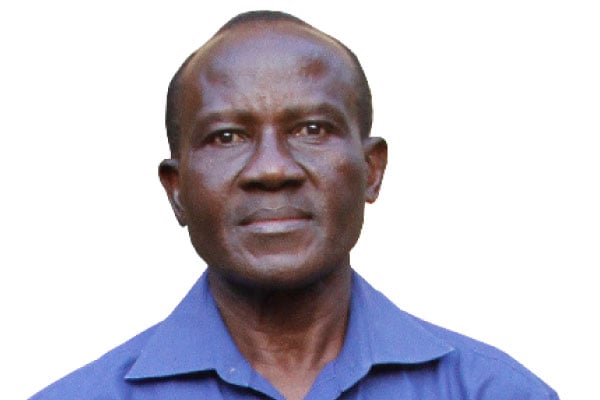Prime
NRM rule and death of competence

Author: Alan Tacca. PHOTO/FILE
What you need to know:
- Uganda’s ruling NRM is the same. Its top officials sounded smart, democratic and humane in their early days.
- It was unthinkable that 30 or 40 years later, Ugandans would be talking about the same regime in the context of failed democracy, brutality, corruption and incompetence.
When the military ceremonially fire in the air at funerals, it is to honour some dead big shot. But I suppose the State can also sometimes be hypocritical, working the guns to say: Farewell, brother; but good riddance. You were an inconvenient presence in our midst.
Whichever way it is, virtually all militarised governments fire the gun salutes with competence, and on time. It is at other tasks in running the State where they fail.
Uganda’s ruling NRM is the same. Its top officials sounded smart, democratic and humane in their early days.
It was unthinkable that 30 or 40 years later, Ugandans would be talking about the same regime in the context of failed democracy, brutality, corruption and incompetence.
Some people think that President Museveni’s description of his new Cabinet as one of ‘fishermen’ should be interpreted as the elevation of competent but downtrodden people to offices of high responsibility.
This interpretation suggests that there was a noble ideological element, egalitarianism, informing President Museveni’s thinking when choosing his Cabinet.
Other people think that ‘fishermen’ should be interpreted as the deliberate degradation of officialdom, cynically elevating low and mid-brow characters.
This interpretation suggests that President Museveni despises the citizens.
Your interpretation may be different. However, there are features that grow with every government and give it its character.
And if you listen and look carefully, the voices and body language of the officials of the regime and its supporters absorb those features and collectively reflect that character.
For some time now, I have marvelled how successfully President Museveni’s circle has shaped and polished incompetence to look like a positive feature that entitles him to stay in power.
When, for instance, horrendous corruption persists, his supporters often argue that the all-powerful President is so ‘kind’ he cannot stomach seeing the thieves punished, dismissed or otherwise hurt.
Side by side with that argument, there is another track of reasoning laid out by supporters who call themselves intellectuals with heads full of books.
They say that Museveni has been hoarding many issues (including corruption) in a bin somewhere in his head.
He deliberately brings out these issues little by little, and in very slow motion, so that he may chew on them over many years. We are told that all rulers who want to stay in power for very long do this.
So, it’s like rulers who want to stay in power forever do not see governance issues as an ever-changing complexity, but as a fixed quantum; something like a heap of stones that have to be crushed, one at a time. The slower, the better!
This theory consorts very well with daft MPs who may sleep in the House most of the time, as long as they wake up to vote for the party-cum-President’s position.
The beauty of a ruler who enjoys power in such a low competence zone is that he can, for example, drop by drop, issue conflicting policies on city markets that leave many of the market people confused, and most of the rest of the public uninterested.
So, at the next market crisis, the market people will return to Museveni. Similarly, with every failed policy or institution, everybody returns to Museveni.
Former British Prime Minister Liz Truss issued one package of policies reflecting mistaken economics, and her government fell after only six weeks in power.
Mr Museveni must have wondered why in democratic societies people are so poor at exploiting their incompetence. You would not waste gun salutes on such a careless person.
Mr Tacca is a novelist, socio-political commentator.
[email protected]




